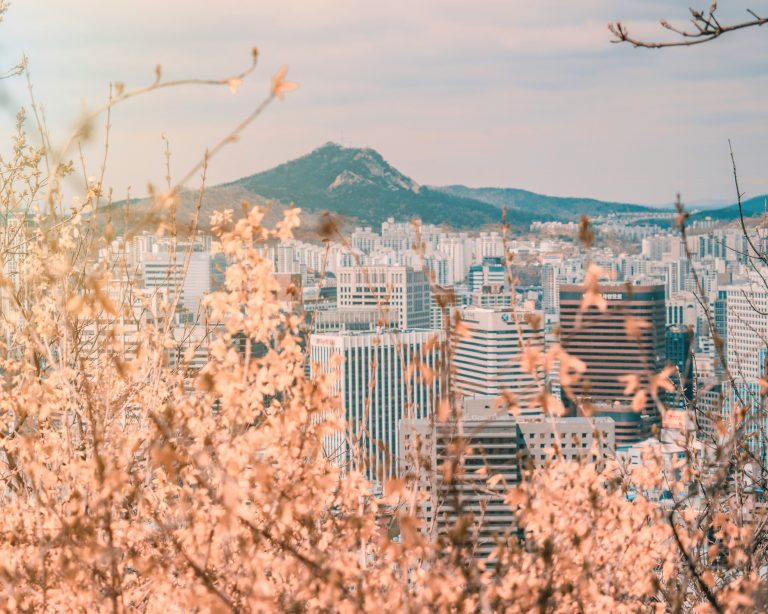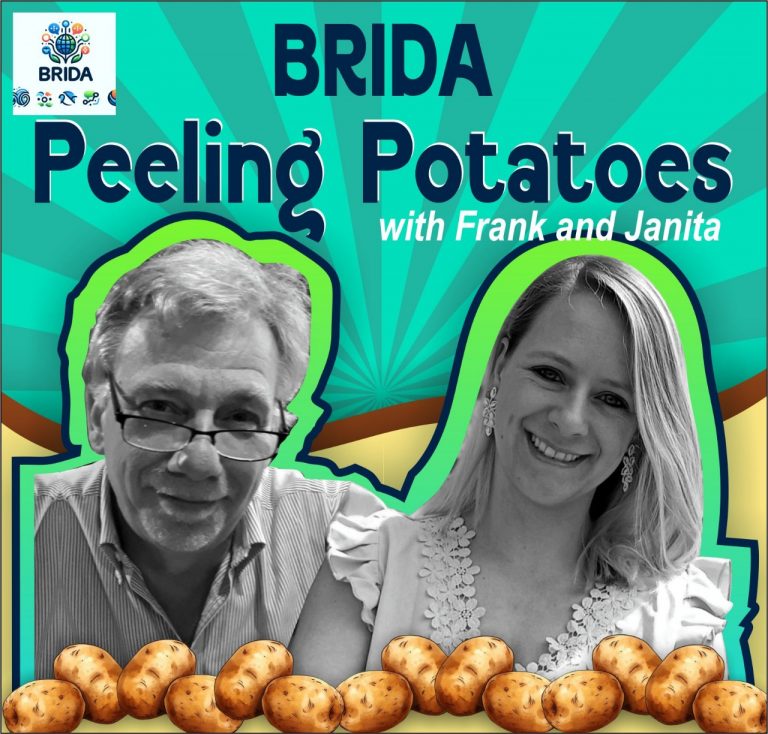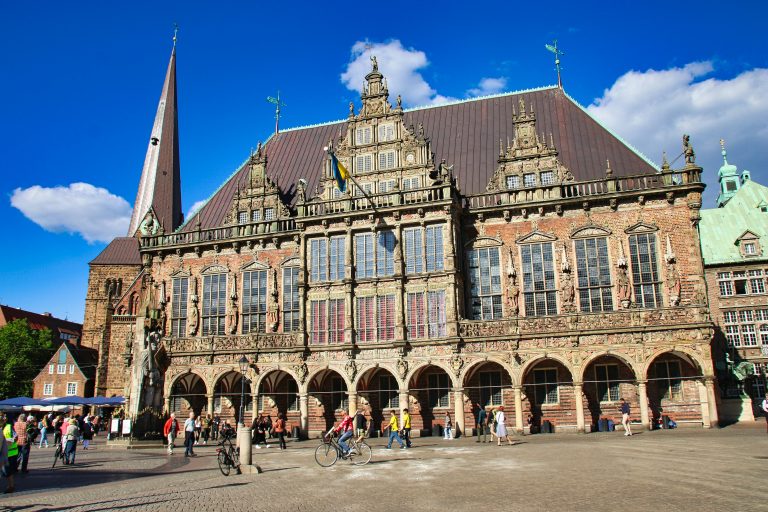We Brought Our Hotel With Us
A Motorhome Journey from the Alps to the Adriatic
The camera is on. Ralf smiles. “Yes, I had a very good holiday.” What follows is a warm road story about two couples, a friendly reunion, and a new way of travelling. It is also a simple idea with a big feeling: take your home with you, and the world opens its doors. This is that story, told in a Pineapple way—gentle, curious, and honest.
The Moment You Decide to Go
Ralf lives in Northern Germany, near the coast. For this trip, he and his wife rented a fully-integrated motorhome in Munich. It was, as he says, “a big box with wheels.” They drove south to Tirol, Austria, to the blue water of Achensee, and set up on a campsite in Maurach. The plan was simple: test if they liked this new style of travel. Hotel room? No. Their own room, everywhere.
Isn’t that a special freedom—to close your door and still be on the road?
Comfort is not a place. It is a feeling you can carry.
Finding Our Rhythm on the Road
The first days became a gentle test. They drove to Pertisau, walked by the lake, ate in small restaurants, then returned to their “rolling room.” They slept well. They laughed. They learned where to keep the cups and where to hang the towels. At once, life became practical and poetic: pack, move, arrive, breathe.
On the second day, Ralf’s friend Oliver arrived from Berlin with his own motorhome. The two couples met—and the wives became friends in minutes. The evening brought another surprise: a dinner at Hotel Sonnenhof in Pertisau, a well-known kitchen in Tirol. There were dishes with pumpkin seed oil, soups full of flavour, and a menu that felt like a small show. Ralf’s former boss came for one night, between flights to Sweden, Italy, and the UK. They talked until midnight and went to bed happy and tired.
Good trips are not only about views. They are about the people who join you for one hour—or for one meal.
Over the Pass to the Sea
The next morning, they crossed the Brenner Pass into Italy. Destination: Venice. They checked in at Marina di Venezia, the biggest campsite in Europe. Their rented motorhome had a small problem with the roof window—tape from the last renters—but they decided to stay. Sun, sea, and a short path between the two motorhomes: home next to home.
Venice called. A runny nose kept Oliver in bed, so the wives went first by ferry to Piazza San Marco. It was hot and crowded. The queues for the Doge’s Palace and the Basilica were very long. Still, they found small joys: a walk across the Rialto Bridge, a shop with carnival masks, Christmas baubles to take home, and cold water whenever the sun felt sharp. Ralf bought a Hard Rock Café T-shirt and a cap in Italy’s colours—simple, happy souvenirs.
Food became a lesson. One quick snack was forgettable. But a dinner later, in a quiet pizzeria, was the best in the world: thin dough, seafood, garlic—molto, molto aglio—pizza you fold in your hand and eat in two smiling bites. Ralph insisted on paying for the table. It felt right; this whole trip had been Oliver’s idea months before.
Sometimes you need the wrong meal to recognize the perfect one. Notice the contrast. It teaches your taste.
Campfire School — Smoke, Sausages, and How to Swim
The next day, Ralf tried a new cast-iron grill. It needed oil and heat to build a patina. The fire climbed too high; he called Oliver. “I have a problem.” Soon the problem became a feast. Oliver, who grew up in the former East Germany, brought Thüringer Bratwurst and steaks from an organic farm. They grilled, they talked, they ate. Barbecue is a classroom where no one wants to leave early.
Later, the wives tested the campsite pool. The water was 15°C—“very cold,” Ralf laughs. Oliver, a strong swimmer, coached breathing and body position. After a few tries, the strokes felt easier. In the afternoon they walked to the Adriatic, put their feet in the sea, and ordered espresso at the beach bar. It was smooth, not acidic, and only seventy-five cents. Good coffee, good advice, good company.
New tools and new skills often start with a small failure—and a friend who says, “Try this.”
A Turn in the Road — Carinthia and the Quiet Hunter
Plans changed. A friend named Wilfried invited them to Villach, in Carinthia. He lives on a wide piece of land—twenty thousand square meters—and carries a rare calm. He is a hunter, and his family makes real food: cheese from his sister, bread from his brother-in-law, smoked venison and bacon from a friend. They sat, ate, and breathed out. “Paradise,” Ralf says.
At dusk, Wilfried took them up the mountain in his old Mercedes G. With an infrared camera they watched the night: deer, fox, and the silent world between Austria, Slovenia, and Italy. Wolves have come back to the region. Bears cross borders. Nature writes its own news, without a headline.
When life becomes busy, go where time has more space. Listen there. You will come back different.
The Road Home — Small Stops, Big Smiles
On the way north, they slept near Hof, in Bavaria. The next day brought a classic Franconian dish: pork shoulder, crispy and rich. Ralf chose potato rösti instead of dumplings. It tasted like tradition made fresh.
At home, another soft joy waited in the garden: hedgehogs. Five of them, cared for by kind neighbours with water and food. A tiny five-star hotel for small guests. The circle felt complete—wild animals in the mountains and in the backyard, both close, both quiet.
The end of a trip is not the end of travel. You return with a new way of seeing your street, your kitchen, your garden.
What This Trip Taught Them (and Maybe You)
Back at their own front door—Saturday, two in the afternoon—the feeling was curious. The holiday lasted ten days, but it felt like twenty. The move from hotel rooms to a motorhome changed the rhythm. Less packing and unpacking. More presence. Fewer check-in times. More time to be together. “We brought our hotel with us,” Ralf says. And now? They are thinking about buying their own motorhome, maybe adding a trailer for their old Vespa. The road is calling again.
So, what can you learn from Ralf’s motorhome journey?
- Test, then trust. Try a new travel style for a few days. If it fits, you will feel it.
- Keep your circle warm. Invite friends along the way. The best memories are shared.
- Eat like a local. One great meal can be the highlight of a city.
- Let plans breathe. A good invitation—like Wilfried’s—can change a trip for the better.
- Notice the small wonders. A hedgehog in the garden can finish a story started by a stag in the forest.
And one last question: if “summer” is a feeling, not a season, how can you create your own summer this week—wherever you are?
Your small call to reflection: Look at your week. Where could you trade a fixed plan for a living plan? Where could you bring a little more “home” with you—so you can go further, stay longer, and feel lighter? Create your own summer, and take it with you.





